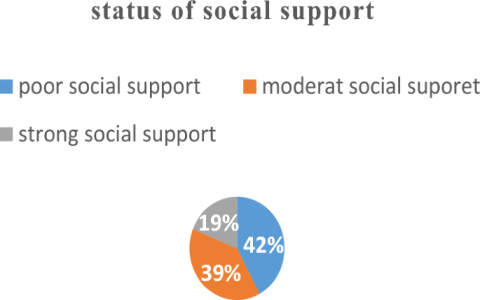13 Levels of Fear: Understanding Our Deepest Anxieties
Fear is a universal emotion that transcends cultures and ages. It serves as a protective mechanism, alerting us to potential dangers. However, fear can also be paralyzing, preventing us from pursuing our dreams and living fully. The concept of "13 levels of fear" encapsulates the various intensities and manifestations of fear that individuals experience throughout their lives. By exploring these levels, we can gain insight into our own fears and learn how to confront them.

At the first level, we encounter the fear of the unknown. This is a fundamental fear that arises when we face uncertainty. Whether it’s starting a new job, moving to a new city, or entering a new relationship, the unpredictability of what lies ahead can be daunting. This fear often leads to hesitation and avoidance, keeping us in our comfort zones.
As we delve deeper, the second level introduces the fear of failure. This fear is particularly prevalent in competitive environments, where the pressure to succeed can be overwhelming. The thought of not meeting expectations—whether our own or those of others—can lead to anxiety and self-doubt. It’s essential to recognize that failure is a natural part of growth and learning.
The third level is characterized by the fear of rejection. This fear can manifest in various aspects of life, from personal relationships to professional endeavors. The desire for acceptance and approval can be so strong that it prevents individuals from expressing their true selves. Overcoming this fear requires cultivating self-acceptance and understanding that not everyone will resonate with us.
Moving on to the fourth level, we encounter the fear of loss. This fear often relates to the potential loss of loved ones, relationships, or even material possessions. The thought of losing something or someone we cherish can evoke profound sadness and anxiety. Embracing the impermanence of life can help mitigate this fear, allowing us to appreciate what we have in the present moment.
The fifth level introduces the fear of change. Change is an inevitable part of life, yet many resist it due to the discomfort it brings. Whether it’s a career shift, a relocation, or a significant life transition, the fear of change can lead to stagnation. Embracing change as an opportunity for growth can transform this fear into a source of empowerment.
At the sixth level, we face the fear of intimacy. This fear often stems from past traumas or negative experiences in relationships. The vulnerability required to connect deeply with others can be intimidating. Building trust and fostering open communication are crucial steps in overcoming this fear and forming meaningful connections.
The seventh level is the fear of the future. This fear can be particularly pronounced in times of uncertainty, such as during economic downturns or global crises. Worrying about what lies ahead can lead to chronic anxiety. Focusing on the present and taking proactive steps toward our goals can help alleviate this fear.
As we progress to the eighth level, we encounter the fear of inadequacy. This fear often manifests as imposter syndrome, where individuals doubt their abilities and feel like frauds despite their accomplishments. Recognizing our strengths and celebrating our achievements can help combat this fear.

The ninth level is the fear of being judged. This fear can inhibit self-expression and creativity, as individuals may worry about how others perceive them. Embracing authenticity and surrounding ourselves with supportive individuals can help diminish this fear.
At the tenth level, we confront the fear of death. This existential fear is deeply rooted in our awareness of mortality. While it can be unsettling, reflecting on the meaning of life and our legacy can provide a sense of purpose and peace.
The eleventh level introduces the fear of isolation. The thought of being alone or disconnected from others can evoke profound sadness. Building strong social connections and engaging in community activities can help alleviate this fear.
The twelfth level is the fear of success. Paradoxically, the prospect of achieving our goals can be intimidating. The responsibilities and expectations that come with success can lead to anxiety. Embracing the journey and focusing on the process rather than the outcome can help mitigate this fear.
Finally, at the thirteenth level, we encounter the fear of our own potential. This fear can stem from a lack of self-belief or the pressure to live up to our capabilities. Recognizing our worth and taking small steps toward our aspirations can empower us to overcome this fear.
Understanding these 13 levels of fear allows us to confront our anxieties with greater awareness. By acknowledging and addressing our fears, we can pave the way for personal growth and fulfillment. Embracing fear as a natural part of the human experience can ultimately lead to a more courageous and authentic life.



